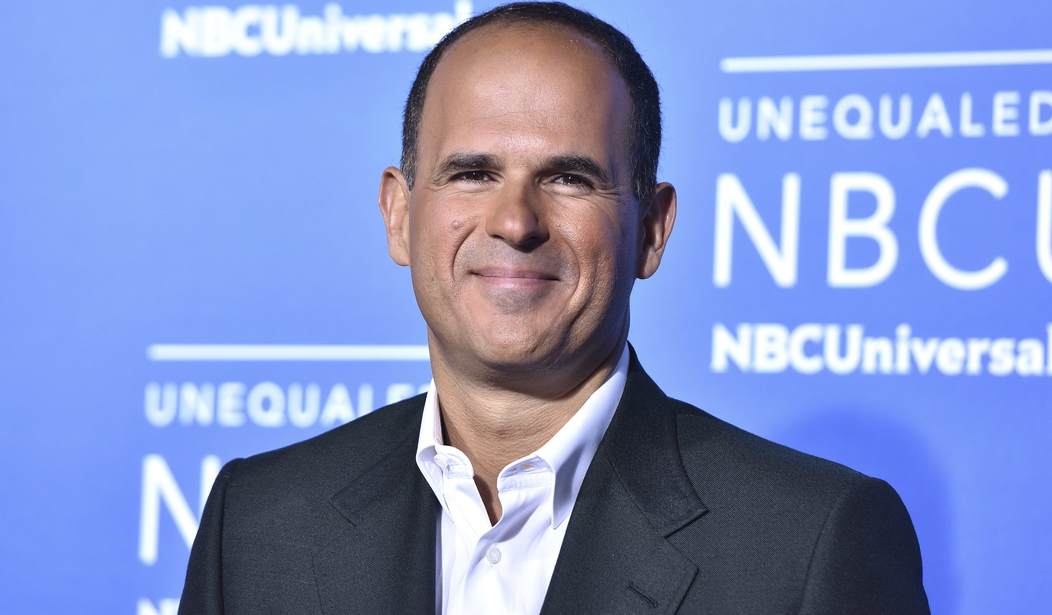WASHINGTON – Marcus Lemonis, host of The Profit on CNBC, said owning and operating a franchise is one of the “toughest” jobs in the country.
“Franchisees is probably one of the toughest businesses in the country because you are executing someone else’s business plan and you have your own spin and you have your own opinion, and they don’t always line up,” said Lemonis at the U.S. Chamber of Commerce’s Small Business Summit in Washington.
The chairman and CEO of Camping World and Gander Mountain said hiring is “probably the most difficult thing” for today’s businesses to do.
“It’s probably more difficult than finding customers because in today’s day and age you are competing with so many different companies,” he said. “And now that the digital age exists and people can work from home, and they can be bloggers and they can open up their own business and their own website, and it doesn’t take them a lot of money.”
Lemonis said adjusting to the mindset of millennials, specifically, poses a challenge for companies.
“I think the other thing we are really challenged with today, and I’m working really hard to try to change this, is millennials have a different perspective about working,” he said. “And that doesn’t meant that they don’t work, it means they really have a definitive mindset around work-life balance and having time off and having breaks and having things of that nature.”
“One of the things I love about working with millennials is they are true believers of business with purpose and they will keep your company, in my opinion, honest as the day is long about what your social responsibility is – being a good neighbor, being a good partner in the community, giving the proper training,” he added.
Lemonis said millennials hold employers “accountable for the things you say.
“So while there are some challenges with their work-life balance concept – because slightly older folks just want to work and they want to drive home – that work-life balance also comes with a great level of social responsibility.”
Lemonis encouraged businesses to be “clear” about the jobs they are looking to fill when recruiting talent.
“In most cases we are on rapid-fire hiring, which means we have a need and we want to get somebody to fill that position as quick as we can; not many small businesses, if any, have the wherewithal to bring people into the system when they don’t need employees, to invest in them, to train them, to nurture them, to grow them,” he said. “That is one advantage that big business has – it has the financial wherewithal to make that investment.”
Lemonis asked the audience to raise their hand if they work with somebody they do not like to be around.
“Most of you, right? And so while we all laughed when I asked that question, the reality of it is that is our responsibility. When we hire people, it is our job to make sure the job description we are outlining is clear. It is our job to make sure the onboarding process is clear,” he said.
“It is our job to make sure that the monitoring of their performance is clear, and that doesn’t mean that everybody is going to stay employed there. It is OK to part ways with people as long as you’ve done the first three. And so before you start talking about hiring people, what’s your overture look like? What’s the position you are trying to fill? What’s the job description for that position? What are the standards you want to have?” he added.
Bethenny Frankel, a guest judge on the ABC show Shark Tank, said millennials are a great asset to businesses because they understand social networking.
“I do think it’s good to have the old-school perspective…there’s a certain type of work ethic and the way we came up before everybody had a lifestyle brand,” said Frankel, who is part of the cast of The Real Housewives of New York City.
“The millennials are great with understanding the culture now and that everything is social networking and everything is very meta, but by the same token I think there’s only so far you should take that.”
Frankel said Twitter, for example, is a great tool for businesses and consumers to interact with each other but “people are more narcissist than ever.”
“I am not going to be, like, filtering my butt in a thong selfie any time soon even though all my peers are doing that,” she said. “So I think it’s also like television where there is so much to watch you don’t even know what to watch. I think social networking is the same way. It will level out a little bit because otherwise we can’t even have a conversation – it will be like, ‘hold on, let me take a picture of my guacamole.’ You know? Everything is so insane now that it’s going to have to just mellow out.”








Join the conversation as a VIP Member